"Forfeiture law could hit snags"
Experts say the Law on Forfeiture of Assets Gained through Criminal Activity is an important part of the fight against organized crime.
Monday, 02.03.2009.
12:12

Experts say the Law on Forfeiture of Assets Gained through Criminal Activity is an important part of the fight against organized crime. But they also warn there could be possible problems with its application. "Forfeiture law could hit snags" The new legislation officially came into effect yesterday. Justice Minister Snezana Malovic says the law is an important part of combating organized crime, with which criminologist Dobrivoje Radovanovic agrees. Radovanovic, however, warns there are a number of potential obstacles to its application. The law would freeze all assets whose value is found not to be in line with a suspect's legal income, and should the crime in question be legally proven, confiscate the said property. Newspapers have reported on that law’s so-called reverse burden of proof, meaning that the accused has to prove that the property was gained by legal means. Radovanovic agrees that confiscating property is the most effective state tactic against organized crime, as that disables the essence of the crime’s purpose, which is gaining large earnings in a short time. “The biggest problem is the legal disorder of the state. We have a lot of examples of arrested people, charges raised, and processes which were lost by the state. I’m afraid that there will be a number of cases of mistakenly charged people, assets frozen for half a year, and then it will be proven that the person either is not a member of organized crime or is not a criminal at all,” he warned. This, however, does not exhaust the list of problems which the state could confront in applying this law, says Radovanovic. “Freezing those assets without a legal decision is something that could be very problematic from the stance of the state legal system. The second problem is that it is very difficult to prove what assets were gained by organized crime. The third problem is that, if during the trial the assets are frozen, that will affect his defense in some way,” he said. Special Prosecutor Miljko Radisavljevic announced that the first proceedings in accordance with the law would be against members of the so-called Zemun Clan criminal gang and people charged because of the trade in narcotics. The law would also encompass cases outside organized crime when illegally gained property is found to be at a value higher than RSD 1.5mn (some EUR 17,000).
"Forfeiture law could hit snags"
The new legislation officially came into effect yesterday. Justice Minister Snežana Malović says the law is an important part of combating organized crime, with which criminologist Dobrivoje Radovanović agrees.Radovanović, however, warns there are a number of potential obstacles to its application.
The law would freeze all assets whose value is found not to be in line with a suspect's legal income, and should the crime in question be legally proven, confiscate the said property.
Newspapers have reported on that law’s so-called reverse burden of proof, meaning that the accused has to prove that the property was gained by legal means.
Radovanović agrees that confiscating property is the most effective state tactic against organized crime, as that disables the essence of the crime’s purpose, which is gaining large earnings in a short time.
“The biggest problem is the legal disorder of the state. We have a lot of examples of arrested people, charges raised, and processes which were lost by the state. I’m afraid that there will be a number of cases of mistakenly charged people, assets frozen for half a year, and then it will be proven that the person either is not a member of organized crime or is not a criminal at all,” he warned.
This, however, does not exhaust the list of problems which the state could confront in applying this law, says Radovanović.
“Freezing those assets without a legal decision is something that could be very problematic from the stance of the state legal system. The second problem is that it is very difficult to prove what assets were gained by organized crime. The third problem is that, if during the trial the assets are frozen, that will affect his defense in some way,” he said.
Special Prosecutor Miljko Radisavljević announced that the first proceedings in accordance with the law would be against members of the so-called Zemun Clan criminal gang and people charged because of the trade in narcotics.
The law would also encompass cases outside organized crime when illegally gained property is found to be at a value higher than RSD 1.5mn (some EUR 17,000).













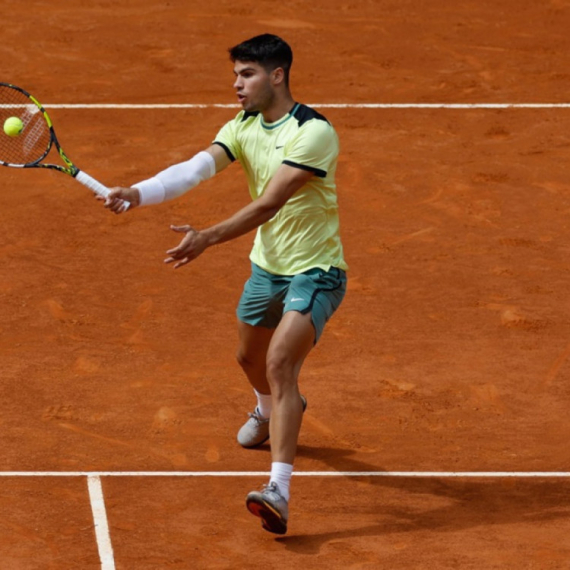
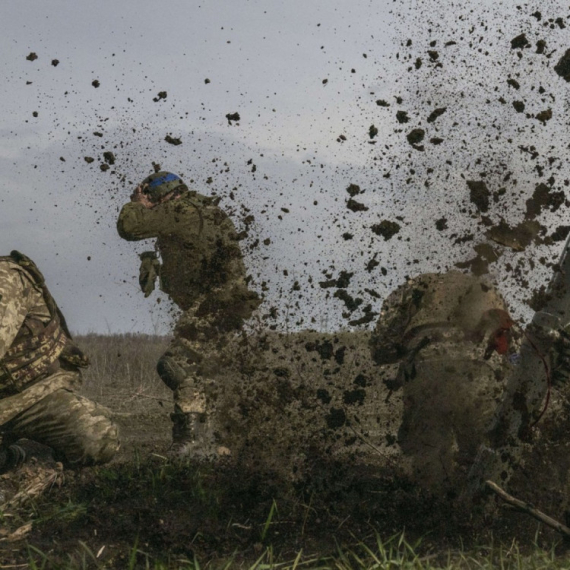

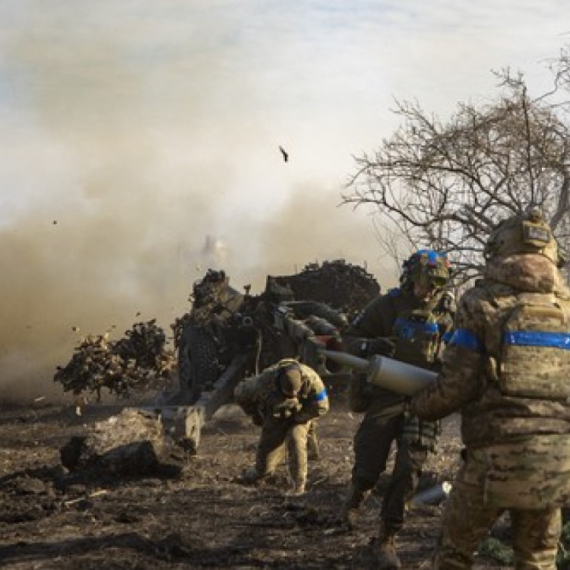
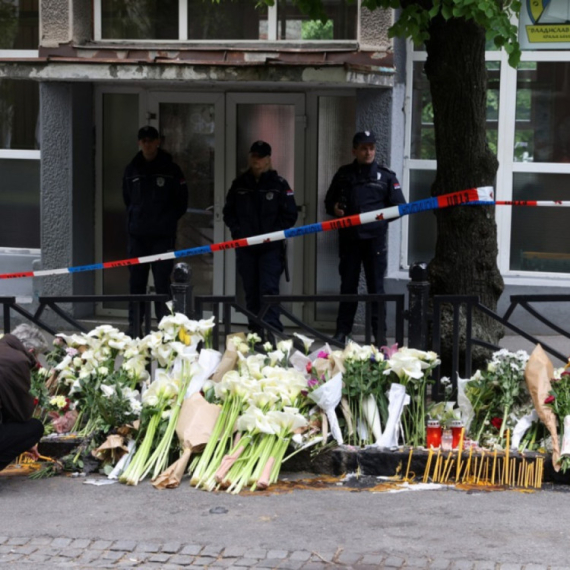

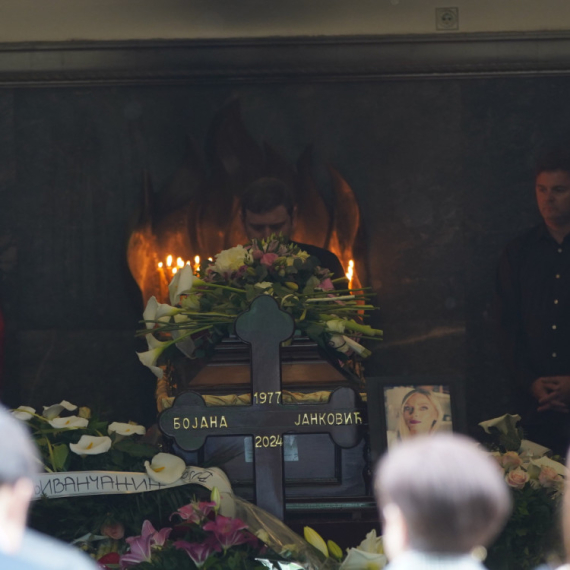
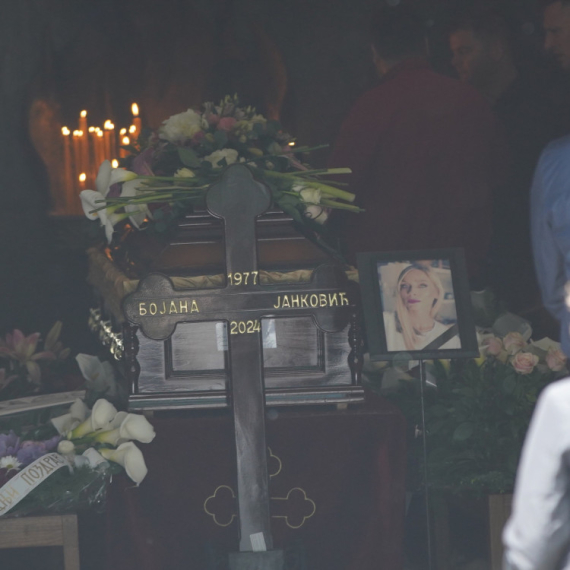






























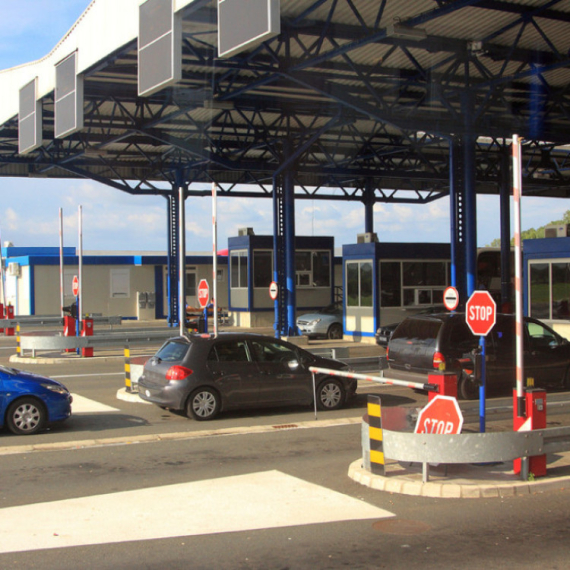




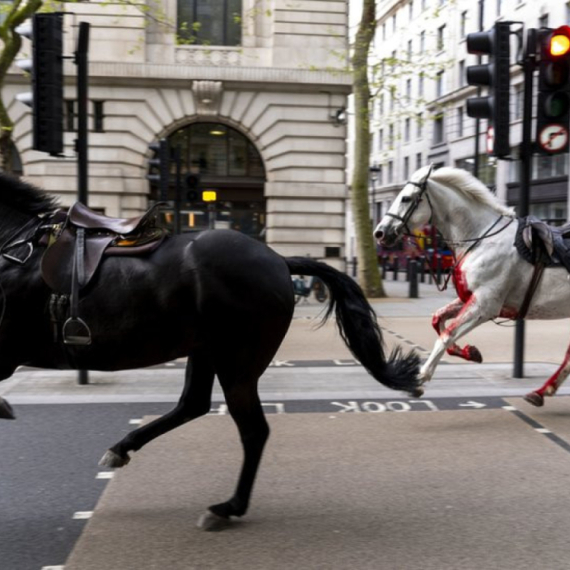

Komentari 1
Pogledaj komentare